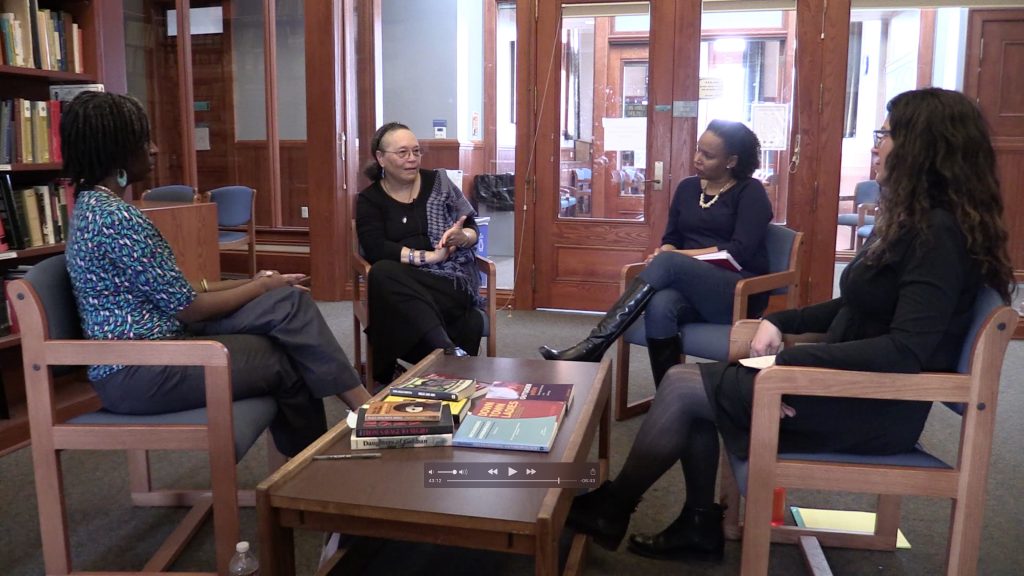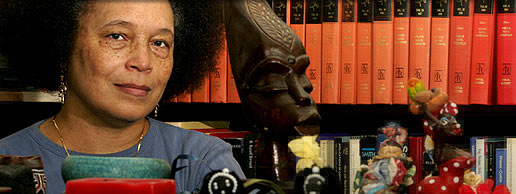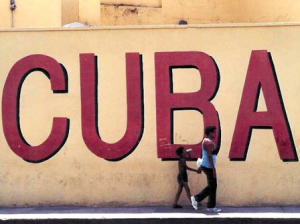On March 3, 2016, three anthropologists at the University of Colorado–Carole McGranahan, Kaifa Roland, and Bianca C. Williams–sat down with Faye V. Harrison, distinguished professor of African-American Studies and Anthropology at the University of Illinois at Urbana-Champaign, to talk about decolonizing anthropology then and now. We share now a lightly edited transcript of our videotaped conversation: this is Part II of the conversation; Part I is here.

KAIFA ROLAND: [Continuing the conversation from Part I]…..Carole, I think you had a question related to that, to who the community of anthropologists are.
CAROLE MCGRANAHAN. Sure, what I’m most prompted by here is in some ways a two-part question. The first part is that anthropology has for a long time been responsive to what’s happening on the ground. We tell our students that when you go to the field, your project’s going to change, because you need to see what’s going on in the moment and what matters to the people. So there’s the way that we’ve become responsive in terms of both the objects and the subjects of our research, and then there’s the way structurally we’ve become responsive to what’s happening on the ground in the discipline. To what you’re talking about now, Faye, that the AAA and other institutions have been trying, maybe lip-service at times, but at other times some real, hard, blood, sweat and tears effort to try and institute some changes. You are someone who has tried to create changes in the discipline beyond the AAA. You are one of the few American anthropologists, as we sit here all of us are anthropologists in the US, but you are the president of the IUAES, the International Union of Anthropological and Ethnological Sciences, a name which doesn’t roll off the tongue easily—
FAYE HARRISON. It doesn’t, but you did wonderfully! [Laughs]
CAROLE MCGRANAHAN. But you’re someone who is right now at a point in your career where you’re going around and talking to anthropologists in lots of different countries. What do we need to be learning from that in this decolonizing moment?
FAYE HARRISON. Well, one thing that you brought up earlier, is that you know, in that essay that conceptually frames the Decolonizing Anthropology volume, I had a sense that we need to be talking to and taking seriously with intellectuals, not just anthropologists, from the Global South. At that time, many politically conscious and active folk of color sometimes also used “third world” metaphorically to mean us. We are in the belly of the beast; we are third world. We know, what, twenty generations removed sometimes, that some of our ancestors did come from what today or then would have been the third world, what today we call the Global South. So we articulated and imagined that solidarity, and that comparability with our counterparts in other parts of the world. I had a sense that we need to be more inclusive, because anthropology should not be the western study of the rest of the world, which is basically what its history has been. It should be more of democratized conversation, with everyone having a chance to make a contribution. Continue reading

